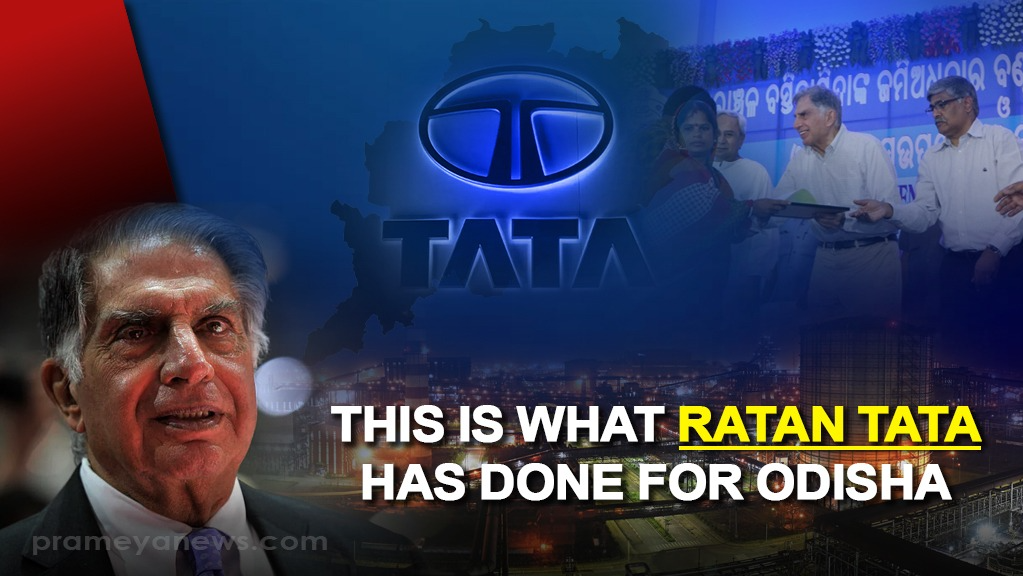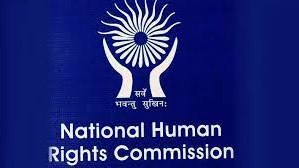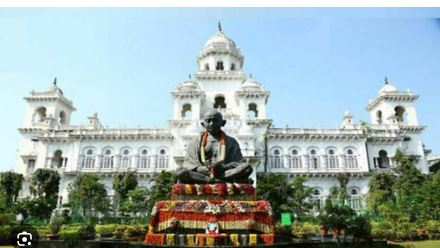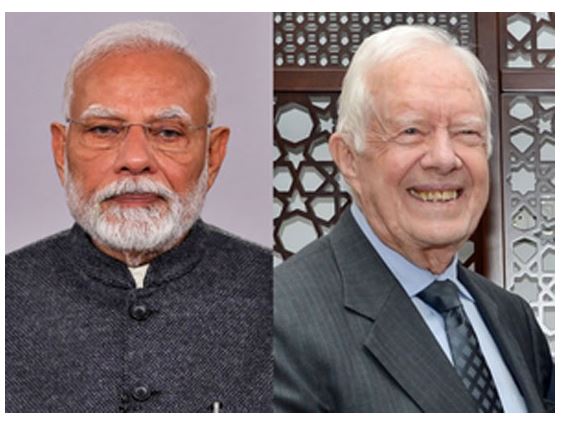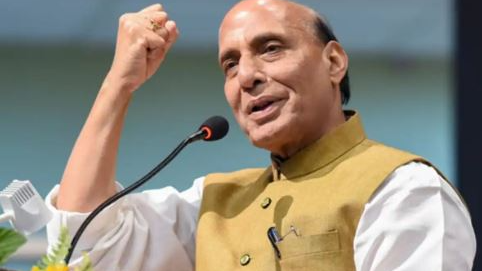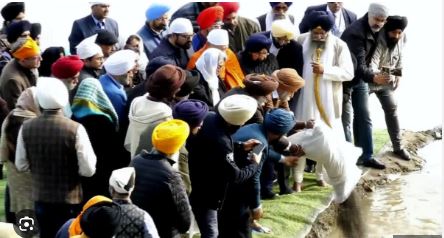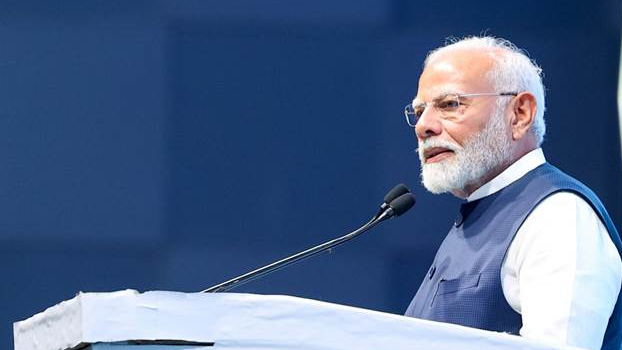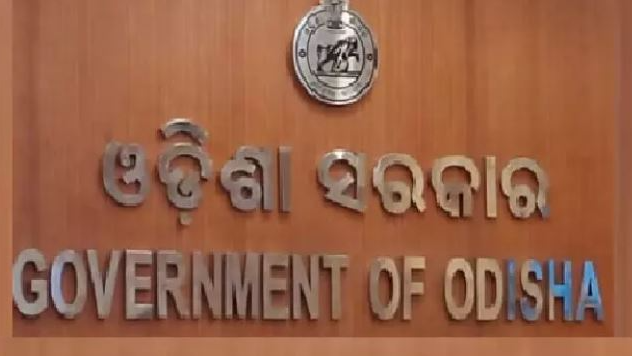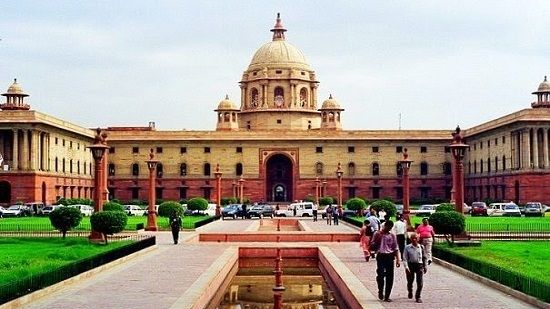Kalpit Kaya Mohanty
Bhubaneswar: As India bids farewell to Ratan Tata, the iconic industrialist and philanthropist, Odisha remembers a man whose vision and compassion reshaped the state's landscape. While Tata's influence spans the globe, his impact on Odisha stands as a testament to his commitment to holistic development and social welfare.
At the heart of Tata's contribution to Odisha lies the mammoth Tata Steel plant in Kalinganagar, Jajpur district. Established under his leadership, this project catalyzed unprecedented industrial growth in the region. "The Kalinganagar plant wasn't just about steel production," says Rajesh Sharma, a local economic analyst. "It was Ratan Tata's way of infusing life into Odisha's economy."
The numbers speak for themselves. The plant, with a capacity of 8 million tonnes per annum, has generated over 50,000 direct and indirect jobs. But Tata's vision extended beyond mere employment. The company established a robust ecosystem around the plant, including schools, hospitals, and vocational training centers. "We've seen entire communities transform," shares Priya Patel, a social worker in Jajpur. "Children who once had limited prospects are now dreaming big, thanks to the opportunities created by Tata Steel."
However, Ratan Tata's impact on Odisha wasn't limited to Kalinganagar. Under his guidance, Tata Trusts launched several initiatives aimed at uplifting the state's rural areas. The 'Lakhpati Kisan' program, for instance, aimed to create 10,000 'lakhpati' farmers in Odisha by 2023. "This initiative has revolutionized agriculture in our village," says Bimal Das, a farmer from Mayurbhanj district. "We're not just surviving now; we're thriving."
In the realm of healthcare, Tata Trusts' contributions have been nothing short of revolutionary. The trusts collaborated with the Odisha government to address critical issues like malnutrition and maternal health. The 'Aama Odisha' program, launched in partnership with the state government, has significantly reduced maternal and infant mortality rates in tribal areas.
Dr. Sunita Rath, a public health expert, elaborates, "Tata Trusts didn't just provide funds; they brought in expertise and innovative solutions. Their telemedicine initiatives have made quality healthcare accessible in some of Odisha's most remote areas."
Education was another sector where Ratan Tata left an indelible mark. The Tata Trust has improved literacy rates in several districts of Odisha. Moreover, the trusts have been providing scholarships to meritorious students from underprivileged backgrounds. "I wouldn't be pursuing my engineering degree if not for the Tata scholarship," says Ankit Pradhan, a student from Koraput.
Perhaps the most visible impact of Tata's compassion was during times of crisis. When the super cyclone devastated Odisha in 1999, Tata companies were among the first to respond. They not only provided immediate relief but also helped in long-term reconstruction efforts. History repeated itself in 2019 when Cyclone Fani struck. "The Tatas didn't just offer aid; they stayed and helped us rebuild our lives," recalls Sanjay Mohanty, a resident of Puri.
But Ratan Tata's contributions to Odisha weren't limited to his company's official initiatives. His personal interventions often made a significant difference. In 2013, when he learned about Budhia Singh, the child marathon runner from Odisha, Tata personally ensured that funds were allocated for his education and training.
Moreover, Tata's emphasis on environmental sustainability has had a lasting impact on Odisha's industrial practices. The Kalinganagar plant, for instance, uses state-of-the-art technology to minimize its environmental footprint. "Ratan Tata showed us that development and environmental conservation can go hand in hand," notes Dr. Pradeep Mishra, an environmental scientist.
As news of Ratan Tata's passing spreads across Odisha, there's a palpable sense of loss. From the steel towns of Jajpur to the remote villages of Koraput, people remember a leader who saw potential where others saw challenges. "Ratan Tata didn't just invest in Odisha; he invested in Odisha's people," says Bijay Mohapatra, a veteran political observer.
Indeed, Ratan Tata's legacy in Odisha transcends business metrics. It's etched in the smiles of healthy children, in the confidence of empowered farmers, and in the aspirations of students reaching for the stars. As Odisha mourns the loss of this visionary leader, it also celebrates a legacy that will continue to shape the state's future for generations to come.
In Ratan Tata, Odisha found not just an industrialist, but a partner in progress, a beacon of hope, and a true friend. His life serves as a reminder that true leadership is measured not just in profits, but in the positive change it brings to people's lives. As Odisha moves forward, it carries with it the indelible imprint of Ratan Tata's vision, compassion, and unwavering commitment to inclusive growth.








